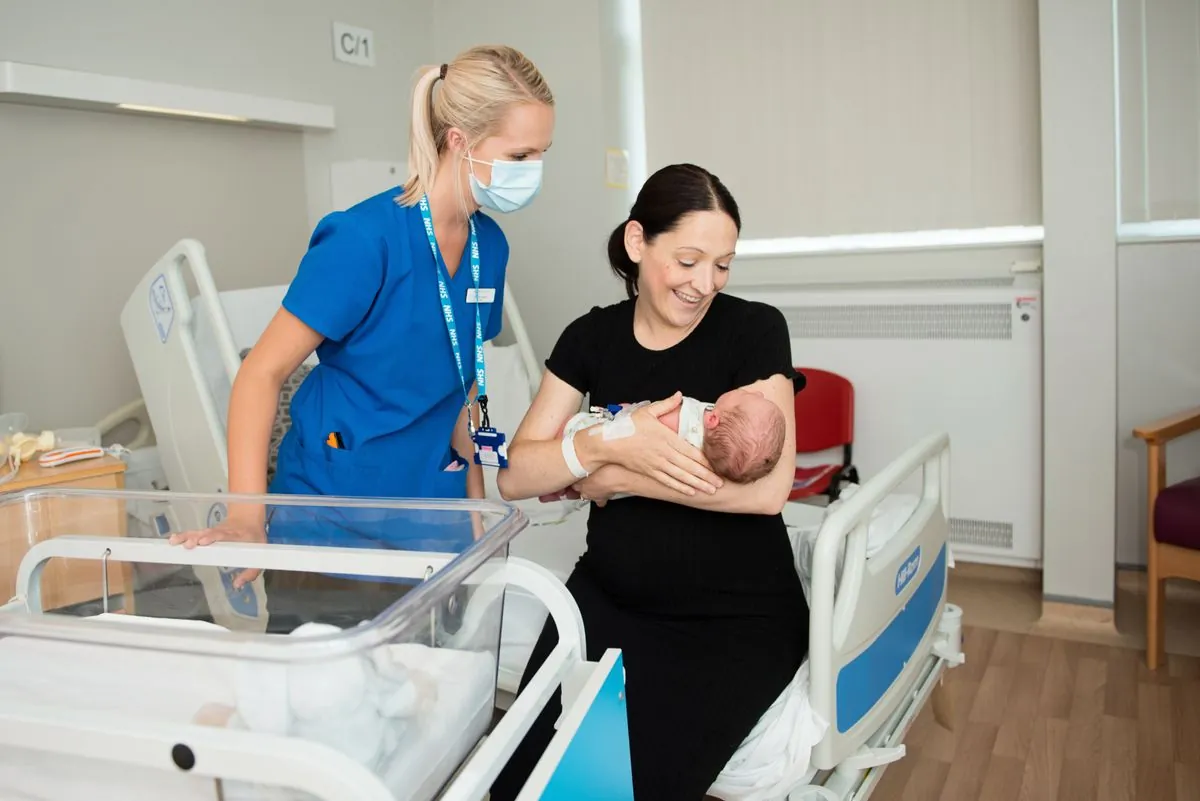The Care Quality Commission (CQC), England's independent health regulator, has released a concerning report on the state of maternity services across the country. The review, covering the period from 2022 to 2024, reveals that a significant majority of maternity wards are deemed unsafe, with two-thirds receiving ratings of "inadequate" or "requires improvement" for safety.
The report highlights that issues uncovered in high-profile scandals, such as those at the Shrewsbury and Telford Hospital NHS Trust and in East Kent, are not isolated incidents. Instead, these problems appear to be widespread across the National Health Service (NHS) maternity care system.
Key factors contributing to the crisis include:
- Poor management
- Limited learning from past incidents
- Failure to ensure safe and timely assessments
- Inadequate facilities and access to essential equipment
Wes Streeting, the Health Secretary, acknowledged the severity of the situation, stating that the maternity crisis is one of the most pressing concerns keeping him "awake at night." He emphasized the importance of applying lessons learned from previous investigations across all trusts nationwide.
The CQC's findings, based on 131 inspections, paint a grim picture of maternity care in England:
- Almost half of the units were rated as requiring improvement or inadequate
- Only 4% were classified as outstanding
- No services received an outstanding rating for safety
- 47% required improvement in safety
- 18% were rated inadequate for safety
- 35% were considered good in terms of safety
The report also raised concerns about the potential normalization of serious harm in maternity care. For instance, complications like postpartum hemorrhages, which can have significant impacts on women's health, are not always adequately communicated to patients.
Other issues identified include:
- Unanswered triage phones
- Patients discharging themselves due to severe delays
- Poor communication and engagement with women and their families
- Facilities described as "not fit for purpose"
- Lack of appropriate life-saving equipment in some cases
To address these critical issues, the CQC has made recommendations to NHS trusts, NHS England, and integrated care boards. Additionally, they have called on the Department of Health and Social Care to increase investment in maternity services.
Nicola Wise, director of secondary and specialist care at the CQC, emphasized the urgency of the situation: "We cannot allow an acceptance of shortfalls that are not tolerated in other services. Collectively, we must do more as a healthcare system."
As the NHS approaches its 76th anniversary, this report serves as a stark reminder of the challenges facing one of the world's largest publicly funded healthcare systems. The focus now turns to implementing robust safety measures, supporting staff, and ensuring high-quality care for mothers and babies across England.
"When it comes to the crisis in our maternity services across the country, it is one of the biggest issues that keeps me awake at night worrying about the quality of care being delivered today at the risk of disaster greeting women in labour tomorrow."
